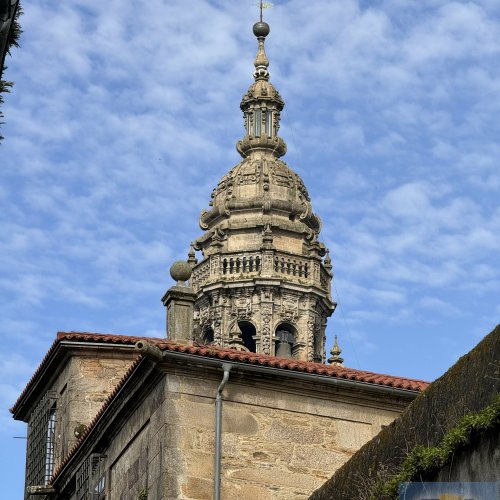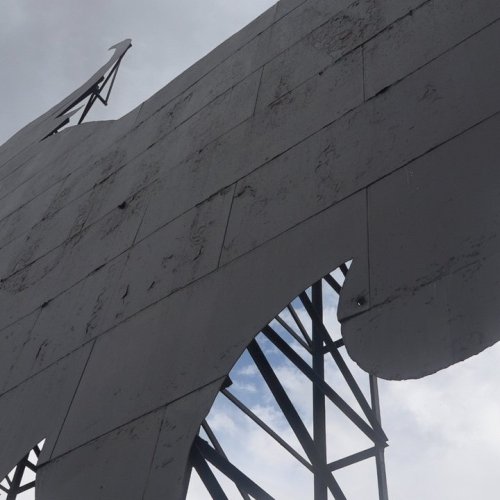On the Tours route, it is hard but the people are helpful. At times it's lonesome, but it gives you time to think, pray and meditate.
I walked solo from Tours to Bordeaux last (2010) April to May. I stayed in hotels, camping grounds, slept in a forests (in my tent) and Chambre d'Hote. I'm aussie so have that twang, although I was told my French pronunciation was good.
Before I went I used Michel Thomas beginners French and took a Lonely Planet phrasebook. I'm glad I did. That phrasebook jigged my memory and helped me out a bit. It was a real confidence boost. The people are great, real down to earth country types. Obviously in towns they are more town like. But they don't speak much English or don't want to use it. Why would you, to be honest?
So, YES, learn some French but I only had a rudimentary idea of the French language. I could say in French; hello, please, thank you, I would like.., how much is etc type stuff, do you have a room / bed, where is ... etc. A real great phrase to learn is how do you say .... in French while you use sign language.
I found there are local changes in tone when you walk into differing regions. At times this can catch you but it is rare. It got me thinking when I got back and I found this page that shows you where the language changes are. The map on the page is spot on.
http://en.wikipedia.org/wiki/Langues_d'o%C3%AFl
For the le Puy route this page will help
http://en.wikipedia.org/wiki/Languages_of_France
Obviously they all speak French as they are taught it in school but that map shows where the tonal changes occurred.
One thing I remember is that they count the money back to you at times, so I learnt that way. Try saying ninety in French! It is four twenties and ten.
http://www.wordreference.com/fren/quatre-vingt-dix That used to get me.
A hint before you go, there is a moderate amount of road walking on the Tours route, unless you use the GR tracks. If you are on the edge of a long road, swap sides at times so your feet don't get blisters on one side and your ankles are balanced. Also if one knee is hurting, your pack might be out of balance. (I wish I had heard that advice before I went.)
 Pilgrim-to-be Ingrid Marie
Pilgrim-to-be Ingrid Marie














